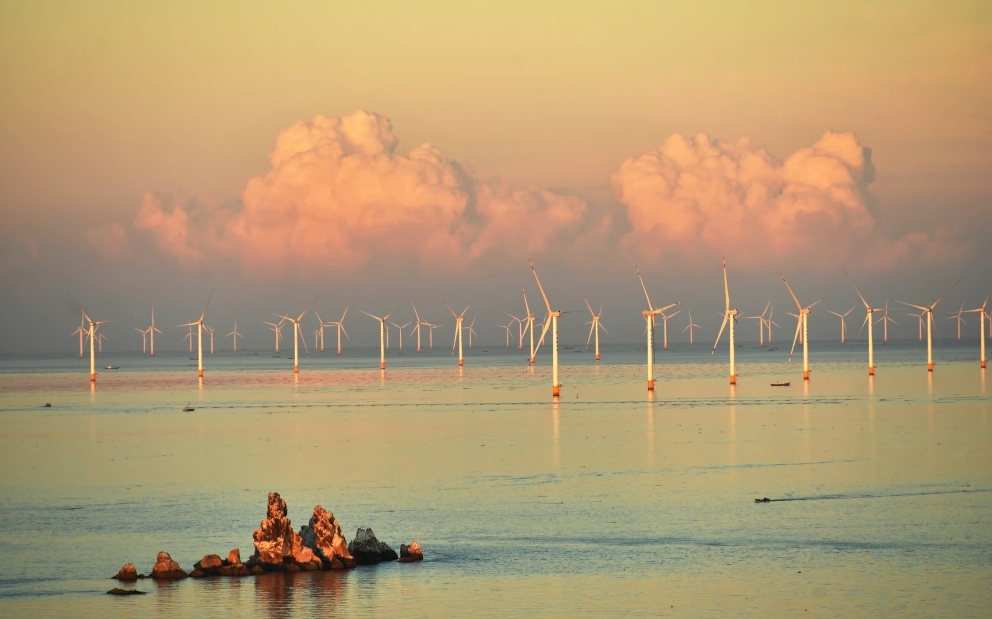
Under the new partnership signed in London by Energy Security Secretary Claire Coutinho and Germany’s Vice Chancellor, Robert Habeck, the UK and Germany have reaffirmed their shared ambition and commitment to net zero and progressing the energy transition.
Europe’s two largest economies have also doubled down on commitments made under the Paris Agreement to limit global warming to 1.5 degrees.
“We have made good progress regarding the transition towards climate neutrality, but there is still a long path ahead of us. Cooperation with reliable partners can help all partners to advance not only faster, but better. We can learn from each other’s experiences, share knowledge and work together to reach our common goals,” said German Vice Chancellor and Federal Minister for Economic Affairs and Climate Action Robert Habeck.
The energy and climate partnership sees both countries commit to enhancing cooperation in renewables, particularly in offshore wind and electricity interconnection, including offshore hybrid interconnection.
In particular, regarding offshore hybrid interconnection, the countries said they will look to facilitate knowledge exchange and cooperation to accelerate deployment and alleviate barriers to deployment.
“We are already working together in the North Sea to deliver our world-leading offshore wind ambitions, as well as linking our countries with subsea electricity cables. Today’s agreement will see us extend and deepen our partnership to ensure we continue to lead Europe and the world in making the green transition,” said Energy Security Secretary Claire Coutinho.
The UK and Germany will also cooperate in multilateral fora such as the North Seas Energy Cooperation (NSEC) to facilitate the development of offshore energy infrastructure and appropriate cross-border market arrangements.
According to the press release, the countries also recognise the value of exchange on reforms to their domestic electricity markets to better integrate renewable energies and achieve net zero ambitions.
Around 75 per cent of installed offshore wind capacity in the North Sea is in German and British waters. This is helping to drive the UK’s ambition for up to 50 GW of offshore wind, including up to 5 GW of floating wind, by 2030, the governments said.
Germany is aiming at installing 30 GW by 2030.